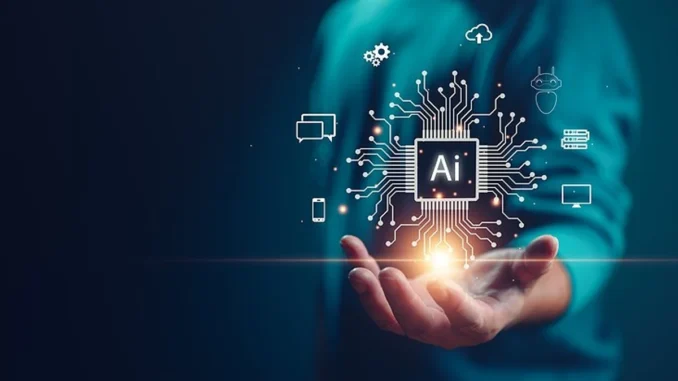
The implications of AI are far-reaching and multifaceted, influencing various aspects of society, economy, and individual lives. Here are some of the key implications of AI:
– **Increased Efficiency and Productivity**: AI can streamline processes, automate routine tasks, and enhance decision-making capabilities, leading to significant gains in efficiency and productivity.









– **Improved Accuracy and Quality**: AI-powered systems can analyze vast amounts of data, identify patterns, and make predictions with high accuracy, resulting in improved outcomes in fields like healthcare, finance, and education.
– **Enhanced Customer Experience**: AI-driven chatbots, virtual assistants, and recommendation systems can provide personalized experiences, making interactions with businesses and services more seamless and satisfying.
– **New Opportunities and Industries**: AI has given rise to new industries and job opportunities in areas like data science, machine learning engineering, and AI research.
– **Advancements in Healthcare**: AI has the potential to revolutionize healthcare by detecting diseases earlier, developing personalized treatments, and improving patient outcomes.
### **Negative Implications**
– **Job Displacement and Economic Inequality**: The increasing use of automation could lead to significant job displacement, exacerbating economic inequality and social unrest.
– **Bias and Discrimination**: AI systems can perpetuate and amplify existing biases, leading to discriminatory outcomes in areas like hiring, lending, and law enforcement.
– **Loss of Human Touch and Connection**: Over-reliance on AI could lead to a decline in human interaction and empathy, affecting mental health and social connections.
– **Cybersecurity Risks**: AI systems can be vulnerable to cyber threats, compromising data security and privacy.
– **Dependence and Control**: The widespread adoption of AI could create a culture of dependence on technology, limiting human agency and creativity.
### **Ethical and Social Implications**
– **Accountability and Transparency**: As AI becomes more prevalent, there is a growing need for clear guidelines, regulations, and accountability mechanisms to address its impact on society.
– **Data Privacy and Security**: Ensuring the protection of personal data and preventing misuse of AI-driven systems is crucial for maintaining trust and confidence in AI.
– **Inclusive and Fair Development**: Efforts should focus on developing AI in a way that benefits all segments of society, addressing biases, and promoting inclusivity.
– **Education and Skills Development**: The rapid pace of technological change demands ongoing education and skills development to prepare workers for the AI-driven job market.
– **Human Values and Well-being**: AI development should prioritize human values, such as empathy, fairness, and compassion, to ensure that its applications align with societal well-being.
### **Future Directions**
– **Hybrid Intelligence**: Combining human and AI capabilities to create more effective and creative solutions.
– **Explainable AI**: Designing AI systems that provide transparent and interpretable results, enhancing trust and accountability.
– **Responsible AI Development**: Fostering a culture of responsible AI development, prioritizing human values, and mitigating negative consequences.
– **AI for Social Good**: Harnessing AI for solving pressing global challenges, such as climate change, poverty, and inequality.
### **Conclusion**
The implications of AI are complex and multifaceted, with far-reaching consequences for individuals, communities, and society as a whole. Embracing the potential benefits of AI while addressing its challenges and risks is essential for creating a future where humans and technology coexist in harmony.


Leave a Reply